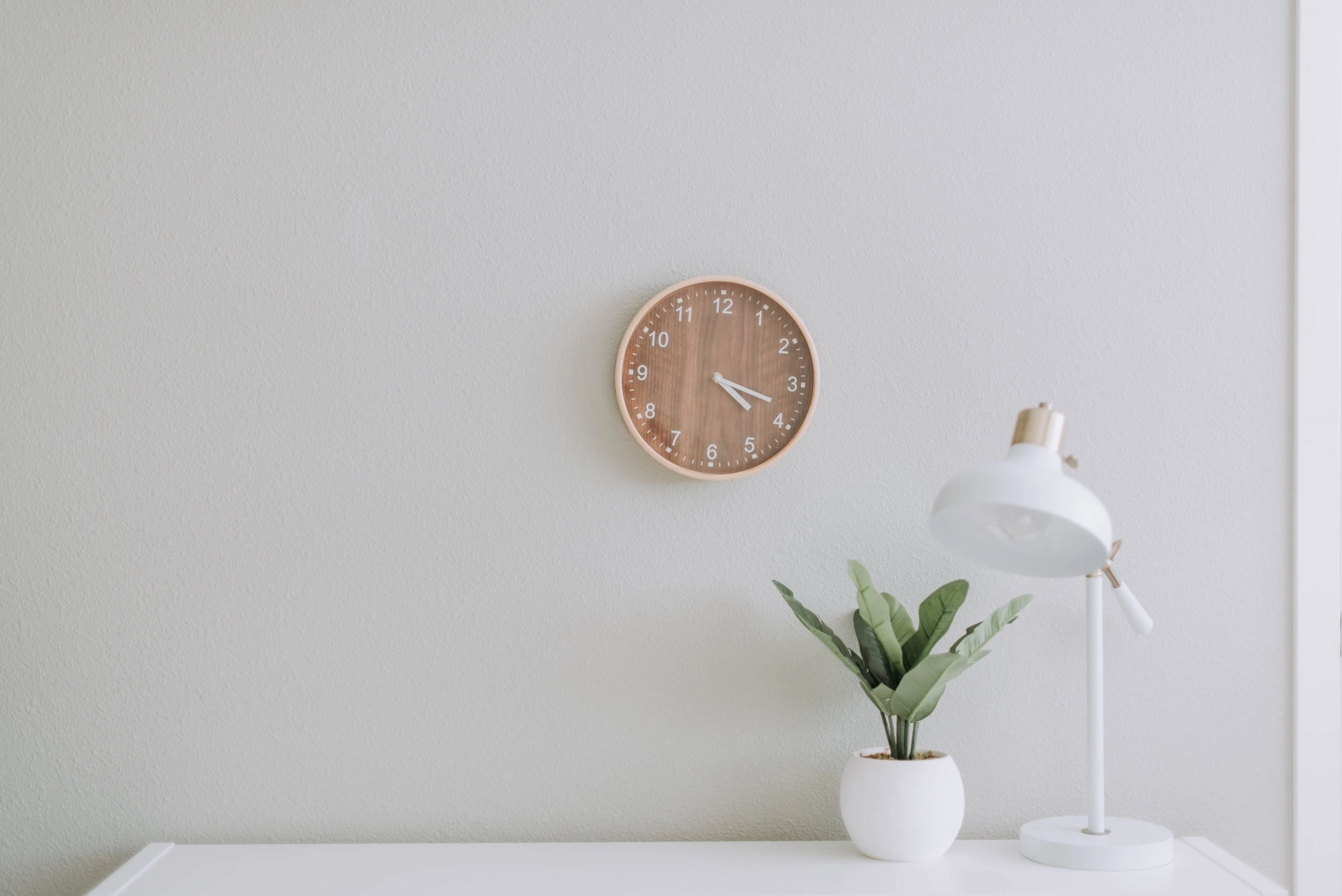Title: Minimalism in a Maximalist World: The Art of Simplifying Your Life
Introduction:
In a world that often glorifies excess and accumulation, the philosophy of minimalism emerges as a refreshing antidote. Minimalism is not just a design aesthetic; it’s a way of life that encourages simplicity, intentionality, and a focus on what truly matters. This article explores the principles of minimalism, the benefits it offers in a maximalist world, and practical strategies for simplifying various aspects of life.
1. Defining Minimalism Beyond Material Possessions:
While minimalism is often associated with decluttering physical spaces, its essence extends beyond material possessions. At its core, minimalism is about simplifying all aspects of life, including relationships, time commitments, and mental clutter. It’s a deliberate choice to prioritize quality over quantity and to find contentment in the essentials.
2. The Benefits of Minimalism:
- Clarity and Focus: Minimalism clears the mental and physical clutter, allowing individuals to focus on their priorities and goals.
- Reduced Stress: A minimalist lifestyle reduces the burden of excess possessions and commitments, leading to decreased stress and anxiety.
- Increased Freedom: With fewer possessions and obligations, individuals gain a sense of freedom to pursue what brings them joy and fulfillment.
3. Decluttering Physical Spaces:
The first step in adopting minimalism is often decluttering physical spaces. This involves evaluating possessions, keeping only what is essential or brings joy, and letting go of items that no longer serve a purpose. Minimalist spaces are characterized by simplicity, functionality, and a sense of calm.
4. Streamlining Digital Clutter:
In the digital age, minimalism extends to our digital lives. Streamlining email inboxes, organizing digital files, and simplifying online subscriptions contribute to a less cluttered and more efficient digital space. Unplugging from social media or setting intentional limits can also reduce digital noise.
5. Mindful Consumption:
Minimalism advocates for mindful consumption by encouraging individuals to question whether they truly need a new possession or experience. Adopting a more intentional and conscious approach to spending helps break the cycle of impulsive buying and reduces the environmental impact of consumerism.
6. Simplifying Relationships:
Minimalism applies to relationships by encouraging intentional connections. Evaluating and nurturing relationships that bring value and positivity while letting go of toxic or draining connections contribute to a more fulfilling social life.
7. Time Management and Prioritization:
In a maximalist world, time is a precious resource. Minimalism emphasizes the importance of time management and prioritization. Setting clear priorities, learning to say no to non-essential commitments, and focusing on meaningful activities contribute to a more intentional and balanced life.
8. Embracing Essentialism:
Essentialism, a philosophy aligned with minimalism, centers around the idea of doing less but better. It involves identifying and focusing on the essential activities that contribute most to one’s goals and well-being. Embracing essentialism aligns with the minimalist principle of prioritizing quality over quantity.
Conclusion:
“Minimalism in a Maximalist World: The Art of Simplifying Your Life” is an invitation to explore a more intentional and meaningful way of living. By adopting minimalist principles, individuals can declutter physical and mental spaces, prioritize what truly matters, and find contentment in simplicity. In a world that often bombards us with excess, minimalism stands as a powerful philosophy, offering a path to greater clarity, purpose, and a life well-lived.
